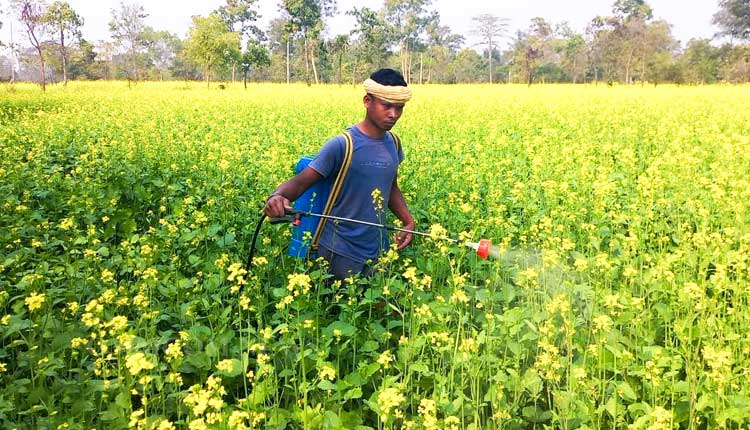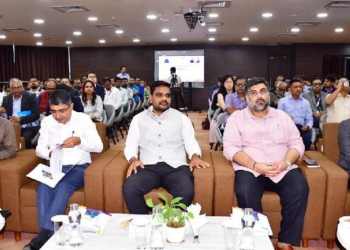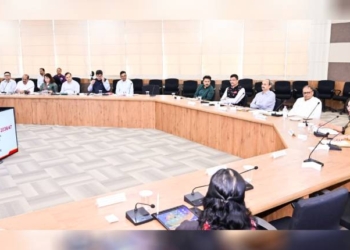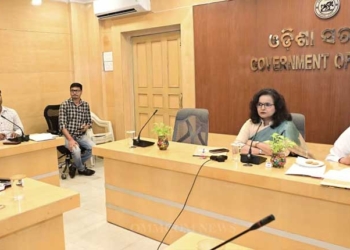Bhubaneswar: As one of the largest interventions in terms of regenerative agricultural practices in the country, the Department of Agriculture and Farmers’ Empowerment, Government of Odisha, has initiated the ‘Comprehensive Project on Rice Fallow Management (CRFM)’ during Rabi 2023-24 season to utilize the vast Rice fallow areas in the state for the production of non-paddy crops, with a focus on pulses and oilseeds, thus bridging the deficit in these crops.
As per reports from various scientific institutions, the state has approximately 16 lakh hectares of rice fallow land, of which around 10 lakh hectares have the potential to be utilized during the Rabi season for cultivating short-duration, low-water-requiring pulses and oilseeds.
For effective utilization of this fallow land, the State Government has planned to expand interventions through a demonstration program of pulses and oilseeds across the state. The crops covered under the program include Green gram, Black gram, Field Pea, Bengal Gram, Lentil, Grass Pea, Mustard, and Sesamum.
Key objectives of the project include the exploitation of residual soil moisture, increasing cropping intensity, up-scaling cultivation of pulses and oilseeds, and enhancing food production with efficient water usage. It also targets the restoration of soil health and supplementing farmers’ livelihoods and nutritional security.
The scheme is being implemented in 30 districts of Odisha and likely to be replicated in subsequent years. Implementation involves various stakeholders like the Directorate of Agriculture and Food Production, implementing agencies such as CGIAR and other nationally reputed institutions, seeds and agri-inputs supplying agencies like OSSC,OAIC,NRRI, IICT etc and CBOs.
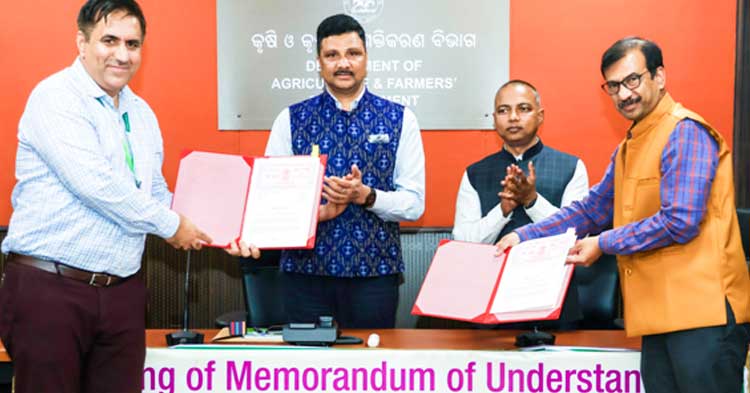
After the signing of Memoranda of Understanding (MoUs) with five implementing agencies—the IRRI Consortium, the International Crops Research Institute for the Semi-Arid Tropics (ICRISAT), the M S Swaminathan Research Foundation (MSSRF), the Krishi Vikas Sahakari Samiti (KVSS), and AFC India Limited—for executing the project during Rabi 2023-24, the field-level activities have commenced.
In the fiscal year 2022-23, the Comprehensive Project on Rice Fallow Management was implemented in approximately 70,000 hectares across 30 districts. Building on this success, the plan for the year 2023-24 has been extended to 4 lakh hectares.
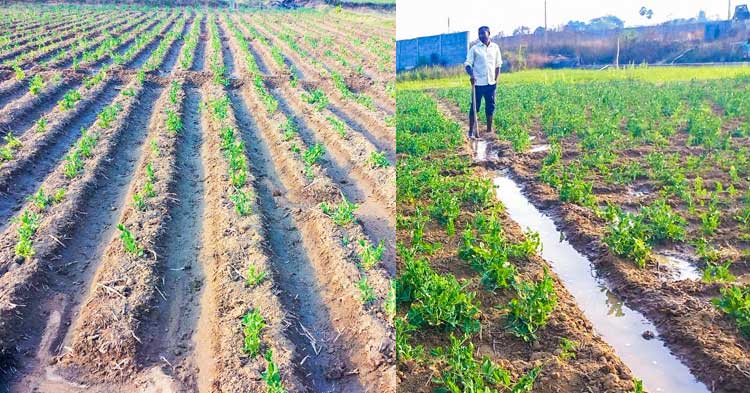
As per approved cafeteria of interventions, necessary inputs such as quality seeds, bio-fertilizers, micro-nutrients, weedicides and IPM devices are being provided to farmers under the project to achieve higher productivity. Additionally, an activity of “Acid Soil Management” has been added to the programme that will cover about 1.6 lakh hectares out of the 4 lakh hectares, aiming to improve soil health and boost production further. The focus of the programme is non-synthetic chemical intensive& environment friendly agricultural practices.

Director of Agriculture and Food Production, Shri. Prem Chandra Chaudhary, has been monitoring the progress of the program. In a recent review meeting with the implementing agencies, he stressed on making the program transparent and time bound to achieve the target. To date, over 2.85 lakh hectares have already been covered under the program and the sowing of crops are under progress. The entire process is being digitized and documented, with monitoring mechanism using remote technologies and there is provision of 3rd evaluation also.
With these concerted efforts, the ‘Comprehensive Project on Rice Fallow Management’ aims to transform fallow land into productive assets, contributing to the state’s agricultural growth, enhancing farmers’ incomes, and ensuring food and nutritional security for Odisha’s farming community.




